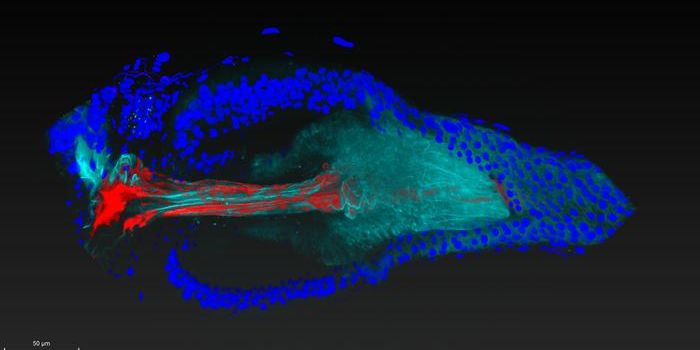Red Meat and Health Risks in Women
Nutrition experts and healthcare providers alike agree that a diet that is limited in red meat is healthier. Lowering intake of red meat can improve heart health, reduce the risk of stroke and keep weight managed. Red meat isn't all bad, but too much of it in one's diet, without other foods like vegetables or healthy fats, can put some women at risk.
Researchers at the University of Leeds collaborated with colleagues around the globe to investigate which diets (mostly red meat, mostly poultry and fish, or vegetarian) will impact risk of colon and rectal cancer. The results showed that female patients who ate a diet with red meat versus those who were red meat-free had a higher risk of distal colon cancer. Distal colon cancer is when tumors are found in the descending colon where feces is stored.
The lead author of the research is Dr. Diego Rada Fernandez de Jauregui. He is part of the Nutritional Epidemiology Group (NEG) at Leeds and is a professor at the University of the Basque Country in Spain, explained, "The impact of different types of red meat and dietary patterns on cancer locations is one of the biggest challenges in the study of diet and colorectal cancer. Our research is one of the few studies looking at this relationship, and while further analysis in a larger study is needed, it could provide valuable information for those with a family history of colorectal cancer and those working on prevention."
Data for the study was pulled from the United Kingdom Women's Cohort Study. It included a total of more than 32,000 women across Scotland, Wales, and England. Recruiting for the study began in 1995, and the study followed participants for an average of 17 years. Having this much information means that the results are built on solid data points and are a good indication of general risk.
The dietary information was not all that was collected. Over the study period information about general health, illnesses or injuries, and family medical histories. A total of 462 cases of rectal colon cancer occurred during the study, 335 were located in the colon and of those, 119 were distal colon cancer. The researchers looked at the data on diet, comparing it colon cancer cases and when it was all crunched and evaluated, there was a definite correlation between high amounts of red meat intake and cases of distal colon cancer.
Co-author Janet Cade from Leeds explained that having the data on cancer and illnesses along with the dietary reporting from participants is what allowed the team to spot the trend. She wrote, "Our study not only helps shed light on how meat consumption may affect the sections of the colorectum differently, it emphasizes the importance of reliable dietary reporting from large groups of people. With access to the United Kingdom Women's Cohort Study, we are able to uncover trends in public health and analyze how diet can influence the prevention of cancer. Accurate dietary reporting provides researchers with the information they need to link the two together."
Sources: MSN, University of Leeds International Journal of Cancer









